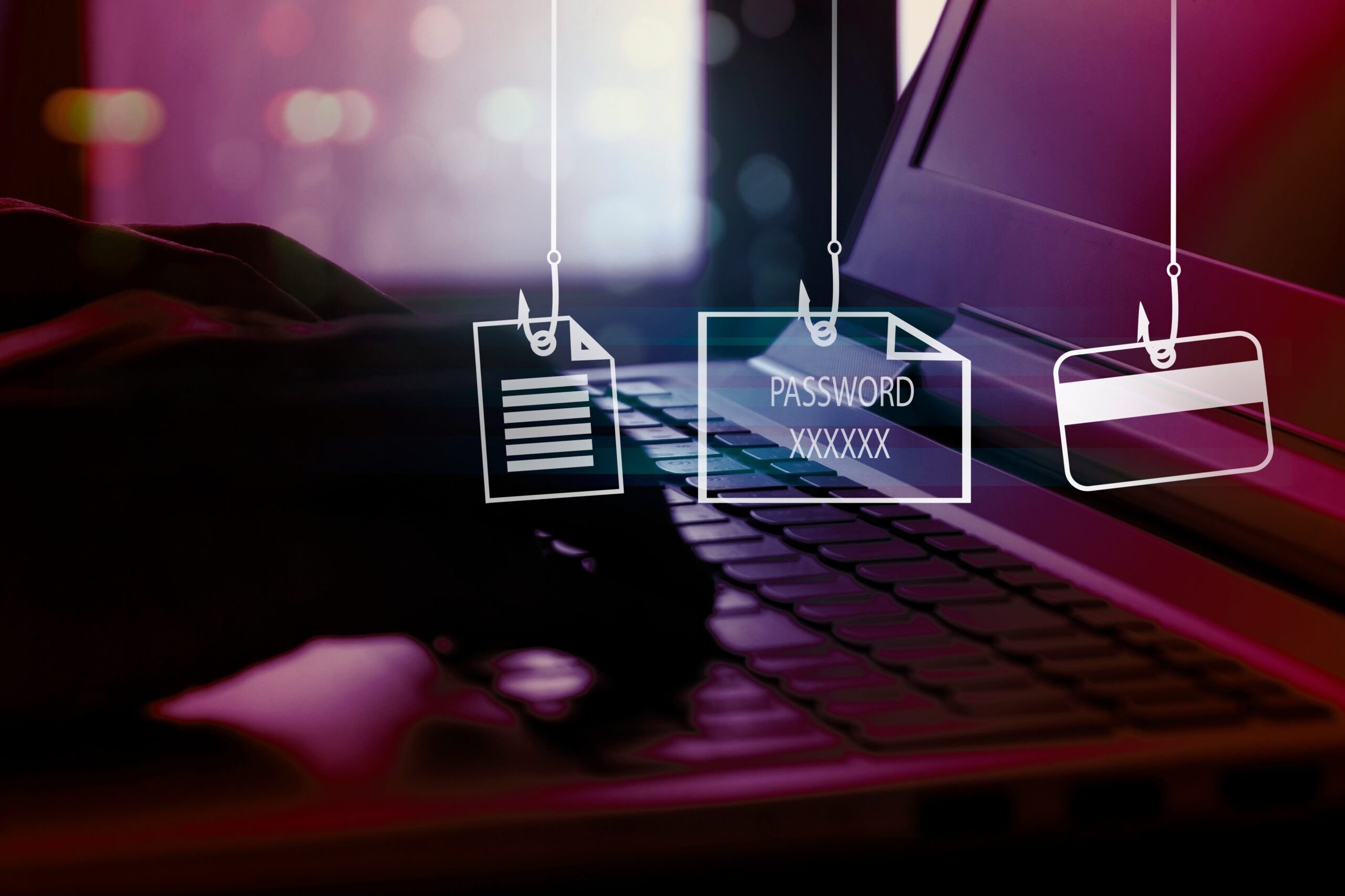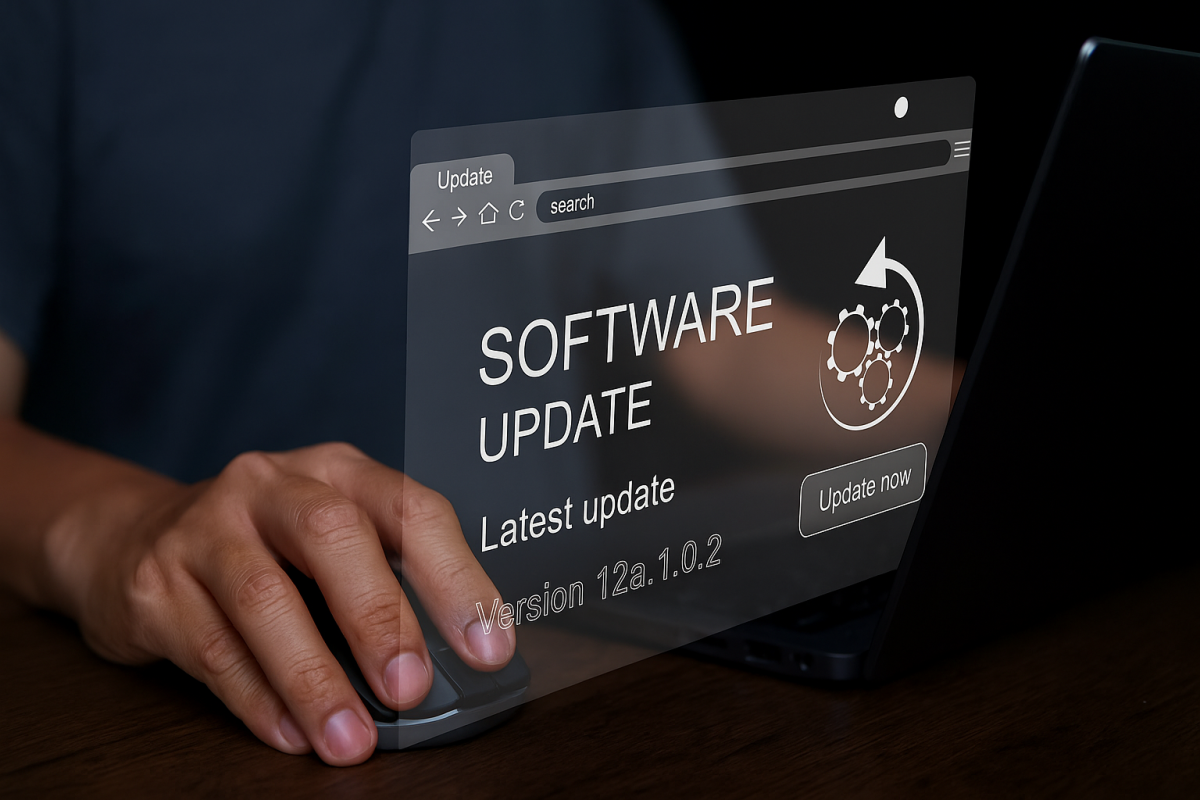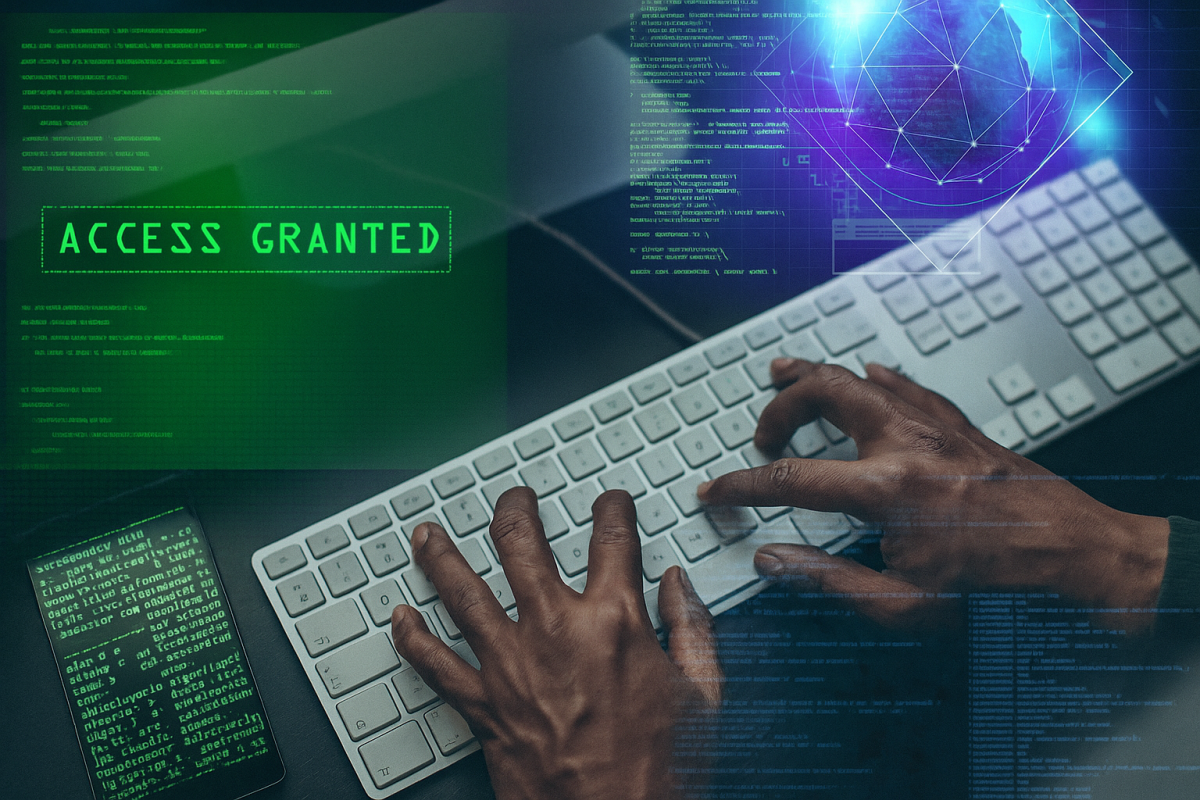

Understanding the Signs of a Phishing Attack
Phishing attacks used to be easy to spot — obvious, poorly written emails that practically screamed “fraud.” Now, not so much.
Over time, these attacks have evolved into sophisticated schemes that can deceive even the most cautious individuals. Today, phishing attempts often involve well-crafted messages that appear to come from legitimate sources, making them a major cause for concern.
Recognizing the Signs of a Phishing Attack
Understanding the signs of a phishing attack is crucial to protecting yourself and your organization. Here are some red flags to be on the lookout for:
Unsolicited messages: Be cautious of emails or messages from unknown senders, especially those that seem out of the blue.
Grammar and Spelling Errors: Professional organizations rarely send communications with obvious mistakes. Poor grammar or spelling should have alarms going off in your head.
Sense of Urgency: Cybercriminals often create a sense of urgency to manipulate your emotions. By making you feel that immediate action is necessary, they aim to bypass your rational thinking and pressure you to make rash decisions–such as clicking on a malicious link or providing sensitive information–before you have time to step back and consider the risks.
Suspicious Links and Attachments: Avoid clicking on links or opening attachments unless you are certain of their source. You may also try hovering over links to check their actual destination before clicking.
What Not to Do if You Suspect a Phishing Attack
Knowing what not to do is just as important as recognizing the signs. Here’s what you should avoid at all costs:
Responding to Emails: Engaging with the sender can confirm your email address is active, leading to more phishing attempts from various email addresses.
Clicking Links or Downloading Attachments: If you receive a link or attachment you weren’t expecting, even if it seems legitimate, do not click on it. These could direct you to malicious websites or install malware on your device.
Giving Out Personal Information: Legitimate organizations will never ask for sensitive information via email. Do not share personal or financial details in response to an email. In fact, many organizations, like title companies, have a fraud warning in their email signatures reminding people not to share confidential information.
What You Should Do Instead
Once you’ve identified a potential phishing attack, take these steps to protect yourself:
Report the Phishing Attempt: Most email providers offer tools to report phishing. For example, in Gmail, you can:
Open the suspicious email (avoid clicking links or attachments).
Click on the three vertical dots in the top right corner of the message.
Select “Report phishing” from the dropdown menu.
Follow the on-screen instructions to complete the report.
Delete the Email: After reporting, immediately delete the email from your inbox and trash the folder.
Update Your Security Software: Ensure that your antivirus software and other security tools are up-to-date to protect against future threats.
Alternatively, if you think you’ve been the victim of an attack that you already responded to, take the following action ASAP:
Change your passwords
Contact the affected Institution
Monitor your accounts
Run a security scan with your antivirus software
Stay Vigilant
Phishing attacks are a growing threat, but with the right cybersecurity solutions, education, and tools, you can significantly reduce your risk. Remember, cybersecurity is a shared responsibility. So, make sure your team is aware of how dangerous these insidious attacks are. Reach out to us for a consultation to learn more.
LeadingIT is a cyber-resilient technology and cybersecurity support provider. With our concierge support model, we provide customized solutions to meet the unique needs of nonprofits, schools, manufacturers, accounting firms, government agencies, and law offices with 20-200 employees in the Chicagoland area. Our team of experts solves the unsolvable while helping our clients leverage technology to achieve their business goals, ensuring the highest level of security and reliability.


